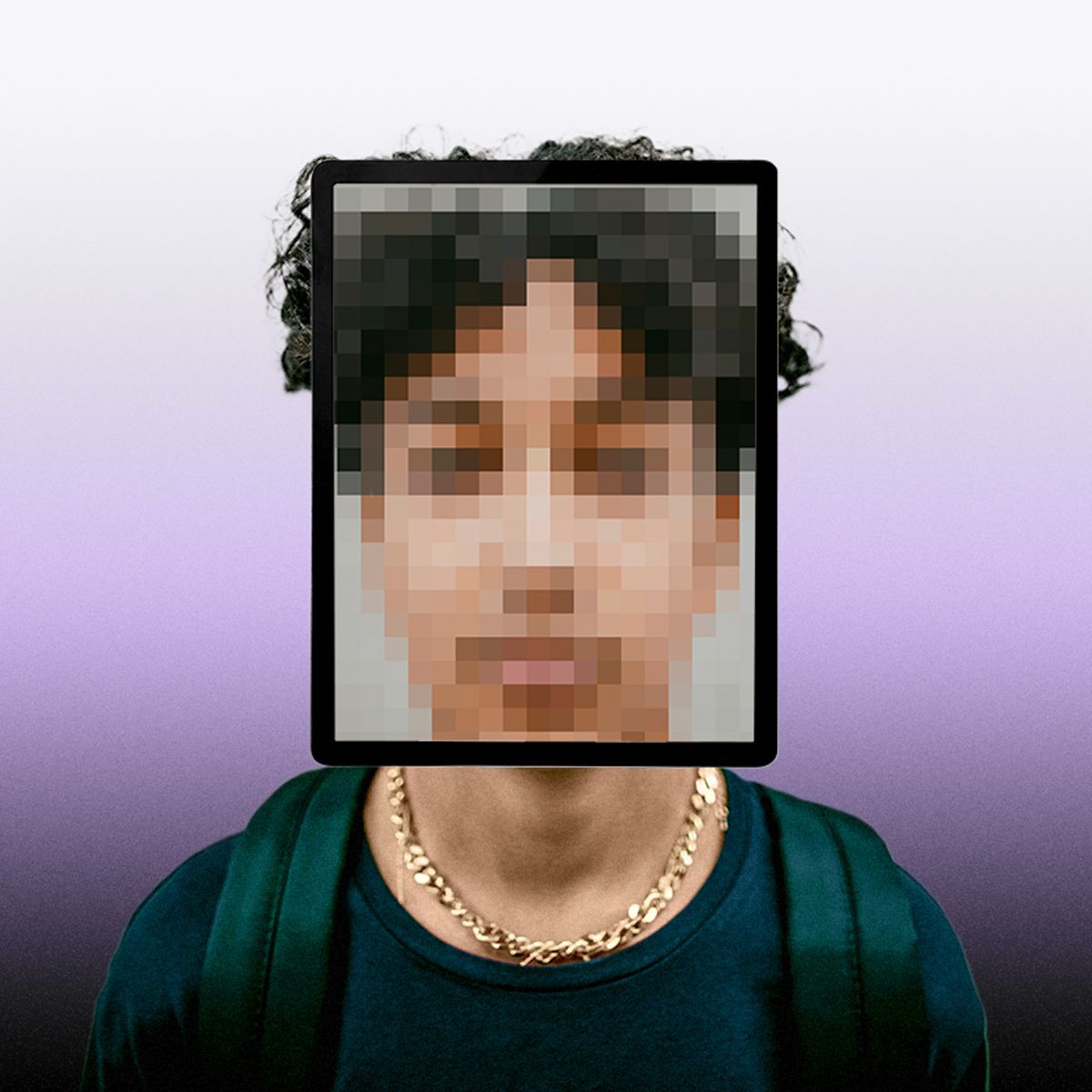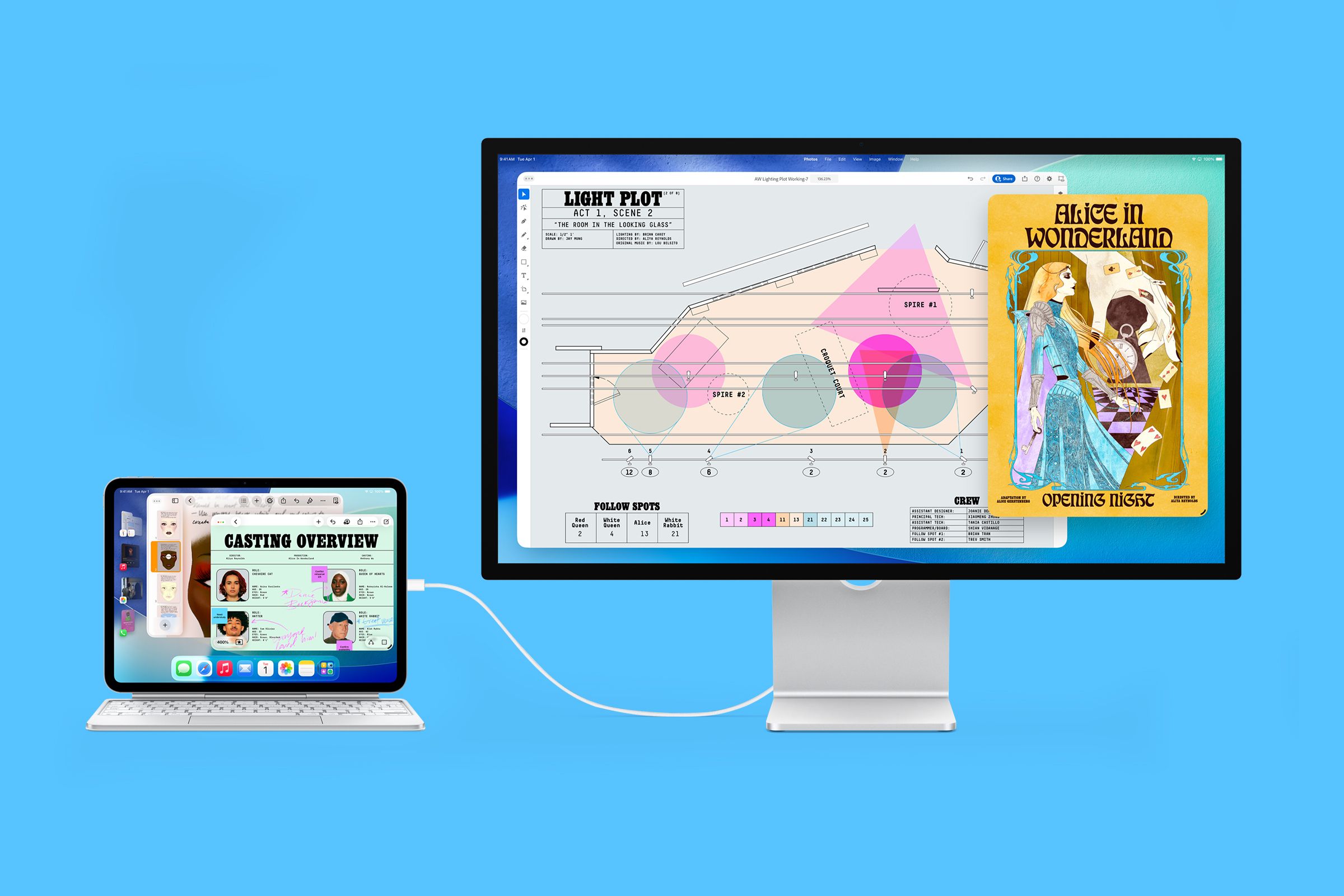Age Verification Is Sweeping Gaming. Is It Ready for the Age of AI Fakes?
Age Verification Is Sweeping Gaming. Is It Ready for the Age of AI Fakes?
Age verification in gaming has become increasingly important as the industry...

Age Verification Is Sweeping Gaming. Is It Ready for the Age of AI Fakes?
Age verification in gaming has become increasingly important as the industry continues to grow and attract a diverse audience. Many gaming platforms and apps now require users to verify their age before accessing certain content or features.
However, the rise of AI technology has raised concerns about the effectiveness of current age verification systems. AI can be used to create incredibly realistic fake profiles, making it difficult to distinguish between real and fake users.
As AI technology continues to advance, the gaming industry will need to adapt and improve its age verification processes to ensure that minors are not accessing inappropriate content. This may require the development of more advanced verification methods that can accurately detect AI fakes.
Some companies are already exploring the use of biometric data, such as facial recognition, to verify users’ ages. While these methods can be more secure than traditional age verification systems, they also raise privacy concerns and potential ethical issues.
Ultimately, the gaming industry will need to find a balance between ensuring child safety and protecting users’ privacy in the age of AI fakes. It will require collaboration between industry leaders, regulators, and technology experts to develop effective age verification solutions that are both secure and user-friendly.
As AI technology continues to evolve, so too must the age verification processes in gaming. By staying ahead of the curve and embracing innovation, the industry can create a safer and more inclusive gaming environment for players of all ages.





